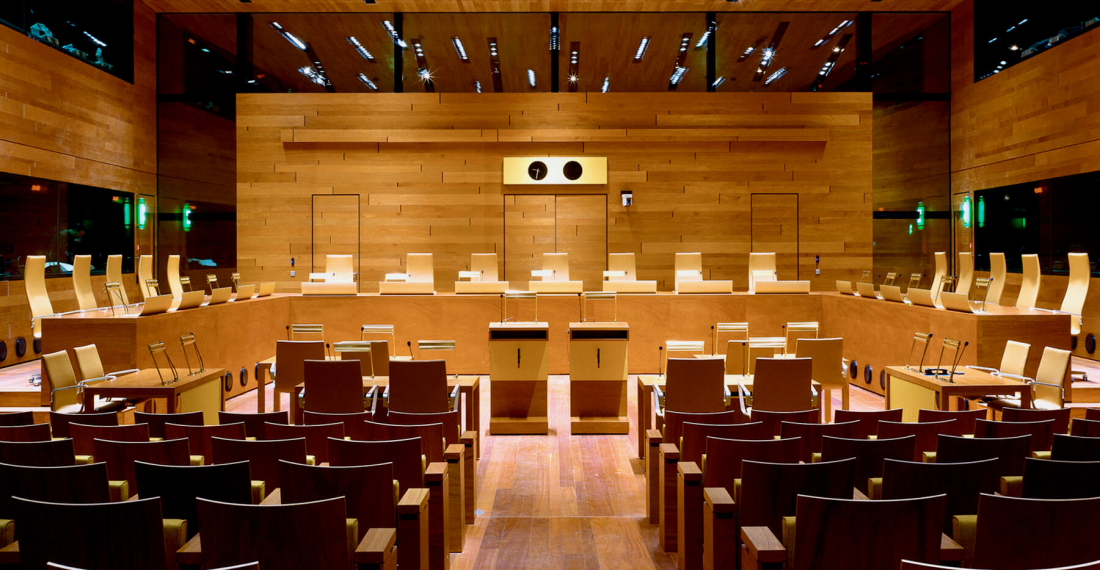The European Commission is taking Hungary to the Court of Justice of the European Union over the repatriation of asylum seekers and for unlawfully restricting access to the asylum procedure in breach of Article 6 of the Asylum Procedures Directive. According to the Commission, a new rule in the EU member state, which requires asylum seekers to go to a Hungarian embassy before entering Hungary, is in breach of European law and regulations.
"Article 6 of the Asylum Procedures Directive requires Member States to ensure that non-EU nationals and stateless persons located in their territory, including at their borders, are able to exercise in an effective manner the right to apply for international protection."
Migrants who arrive in Hungary have the right to apply for asylum there. They can only be sent back once that request has been rejected. However, Hungary stipulates as a condition for applying for asylum that the asylum seeker must have been given a special pass at an embassy outside the European Union. Therefore, an asylum seeker must already announce at the embassy that he or she wants to apply for asylum in Hungary.
The new legislation is intended to prevent the importation of the COVID-19 virus, according to Hungary, but the European Commission disagrees. It is now letting the Court of Justice of the European Union decide on the matter.







